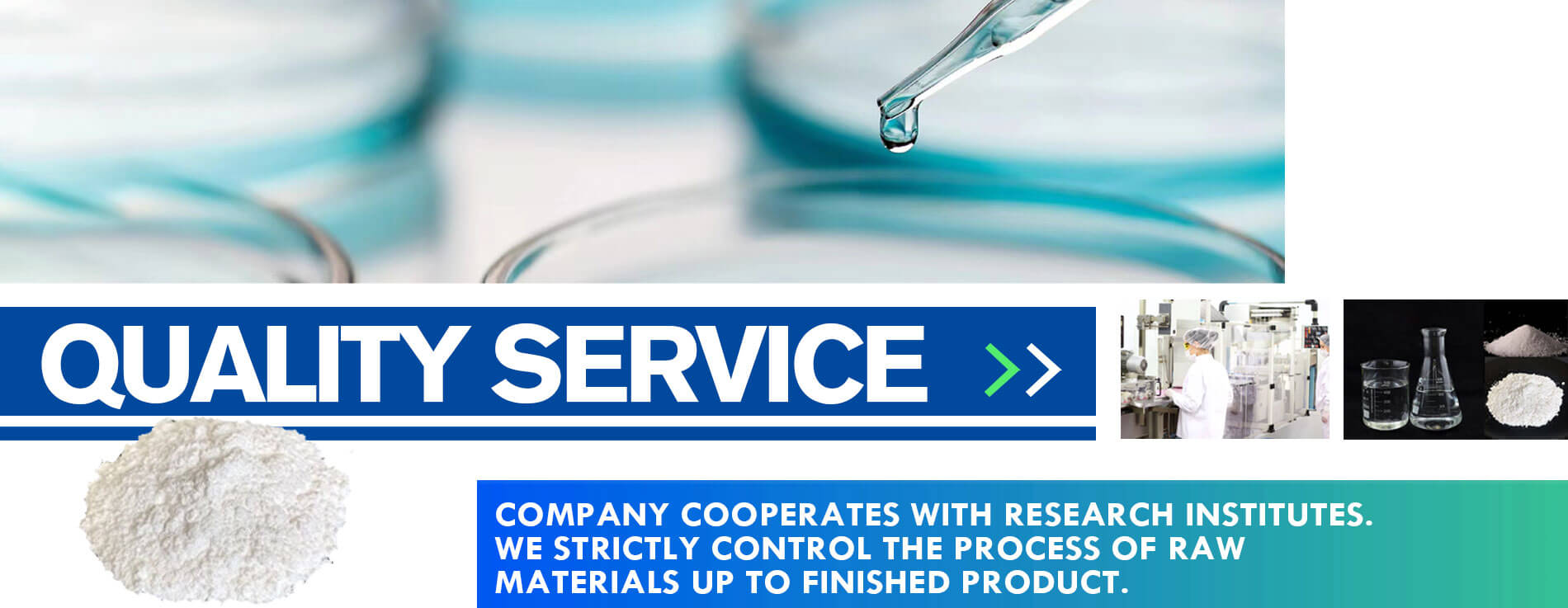As a leading Dc-4 Bio-Based Plasticizer supplier, we deliver high-quality products across diverse grades to meet evolving needs, empowering global customers with safe, efficient, and compliant chemical solutions.
What are the main components of Dc-4 bio-based plasticizer?
DC-4 bio-based plasticizer is a material used in modern chemical industry. Its main ingredients, in general, contain polyol esters, vegetable oil derivatives and biodegradable polyesters.
Polyol esters, such as citrate esters. Citric acid is originally obtained from biological fermentation, and esters prepared based on it have good plasticizing performance. It can greatly increase the flexibility of polymer materials, and has the characteristics of low volatility and good water resistance. In food packaging, medical supplies and other fields with strict safety requirements, this ingredient is commonly used, because it has low toxicity and meets relevant safety standards.
Vegetable oil derivatives are also important ingredients. Such as epoxy soybean oil, which is made by epoxidation of soybean oil. Soybean oil is derived from natural plants and is inexhaustible. Epoxy soybean oil not only has a significant plasticizing effect, but also can improve the thermal stability and weather resistance of the material. In the processing of polyvinyl chloride and other materials, this ingredient is often added to make the product adaptable to different environments and delay aging.
Biodegradable polyester, such as polylactic acid-caprolactone copolymer. This type of polyester is made from renewable resources and is polymerized. It has both plasticizing function and can be degraded in the natural environment, which is in line with the current environmental protection concept. In environmentally friendly plastic products, this ingredient is increasingly favored, which can effectively reduce white pollution.
In summary, the main components of DC-4 bio-based plasticizers are polyol esters, vegetable oil derivatives and biodegradable polyesters, which have their own strengths, so that the plasticizer has both good performance and environmental protection characteristics, and is widely used in various fields of chemical industry.
What are the performance characteristics of Dc-4 bio-based plasticizer?
DC-4 bio-based plasticizers have unique properties and are different from regular products. They have various wonders and are actually good materials.
First, the nature of environmental protection is obvious. This agent is derived from bio-based, unlike ordinary plasticizers, which are mostly taken from petrochemical substances. At this time, the world is environmentally friendly, and this material is in line with the current situation, and it is not great for ecological goodness. Its life is also, it consumes less petrochemical capital, and it is easy to degrade. It is not dirty in water and soil, and the gas is also clear. It can help the industrial world to travel on a green road, reduce pollution and protect the environment, and maintain ecological balance.
Second, it has good compatibility. It is friendly with various polymers and is inseparable. Incorporated into polyvinyl chloride, polyethylene, etc., can be integrated to make the material uniform. The made product has a beautiful and high-quality appearance, no segregation, soft and smooth touch, and good color. It can be used in a wide range of fields, such as plastic films, leather, and cables. It can add its beauty and increase its effectiveness.
Third, the stability is solid. Temperature changes but does not change, does not flow in case of heat, and is not brittle when cold. In the hot summer, it does not escape in the material, and it retains the toughness of the material; in the cold winter, it also makes the material soft and does not fold. Chemical properties are also stable, resistant to acid and alkali invasion, and in complex environments, it can protect the material body and extend its life, so that users have no worries.
Fourth, the quality of safety is excellent. It is slightly toxic and harmless to humans and animals. It is used as a material for food packaging, and it comes out without matter, does not stain food, and can be safe for everyone's appetite. It is used for baby equipment, and it does not damage the body of children and protects their well-being. With its safe quality, it is widely used in the field of people's livelihood. It is a good product for daily use and a good choice for home use.
What fields is Dc-4 bio-based plasticizer suitable for?
DC-4 bio-based plasticizer is mild in nature and has a wide range of effects. It is suitable for many fields. The details are as follows:
First is plastic products. This agent is used in the production of plastic products and has a great effect. In the past, plasticizers contained mostly harmful ingredients to the human body, while DC-4 bio-based plasticizers originated from natural organisms and are green and harmless. For polyvinyl chloride (PVC) products, such as plastic film, artificial leather, plastic pipes, etc., adding it can increase its flexibility and plasticity, making the product texture better and durable. And because of its bio-based characteristics, it can reduce the environmental load of plastic products, which is suitable for current environmental protection needs.
Second is the field of coatings. In coatings, DC-4 bio-based plasticizers can optimize their film-forming properties. Make the paint more tough, wear-resistant, and flexible after film formation. In furniture paints, architectural coatings, etc., adding this agent can improve the quality of the coating, not only bright color, but also scratch and wear resistance, prolonging the service life of the paint.
Another is the adhesive industry. Adding DC-4 bio-based plasticizers to the adhesive can improve its fluidity and flexibility. In packaging adhesives, woodworking adhesives, etc., plasticizers can make the adhesive better infiltrate the surface of the adhesive, enhance the bonding force, and at the same time make the bonding place flexible and not easy to crack due to external forces.
In addition, in some emerging biodegradable materials, DC-4 bio-based plasticizers also show unique advantages. Because of its good compatibility between bio-based sources and degradable materials, it can effectively improve the processing properties and mechanical properties of degradable materials, promote the wide application of biodegradable materials, and help the development of environmental protection industries.
What are the advantages of Dc-4 bio-based plasticizers over traditional plasticizers?
The advantages of DC-4 bio-based plasticizers compared with traditional plasticizers are as follows:
First, DC-4 bio-based plasticizers are derived from biological raw materials and are mostly derived from renewable plant resources, such as vegetable oils, starches, etc. This is very different from traditional plasticizers that often rely on non-renewable petrochemical raw materials. Therefore, DC-4 bio-based plasticizers have an advantage in resource sustainability, can ease the shortage of petrochemical resources, and conform to the current trend of environmental protection and sustainable development.
Second, DC-4 bio-based plasticizers have good biodegradability. In the natural environment, it can be gradually decomposed into harmless small molecular substances by the action of microorganisms, unlike traditional plasticizers, which are difficult to degrade and easy to remain in the environment, causing long-term pollution. This characteristic makes DC-4 bio-based plasticizers environmentally friendly when used in disposable plastic products such as packaging and agricultural films, which can reduce the worry of white pollution.
Third, DC-4 bio-based plasticizers have low toxicity. Traditional plasticizers such as phthalates have been found to interfere with the human endocrine system and pose health risks. The DC-4 bio-based plasticizer has been tested and has little toxicity. It is safer and more reliable when used in food packaging, medical supplies and other plastic products that are in close contact with people, and can protect human health.
Fourth, DC-4 bio-based plasticizers give products excellent performance. It can effectively improve the flexibility, plasticity and processing performance of plastic products, and it is not inferior to traditional plasticizers in terms of thermal stability and weather resistance. In some cases, it can also add unique properties to products, such as antibacterial properties, to broaden the application field of plastic products.
What are the usage methods and precautions of Dc-4 bio-based plasticizer?
DC-4 bio-based tougheners can be used to toughen resins to make them flexible and strong. The application method and precautions are described in detail below.
When using it, first evaluate the applied material. For thermosetting resins, such as epoxy resins, DC-4 bio-based tougheners can be added in proportion when mixing. Usually, an appropriate amount of tougheners, such as 3 to 5 parts per hundred parts of resin, is added, depending on the characteristics of the resin and the desired properties. The addition should be slow and accompanied by stirring to ensure uniform dispersion, so that the toughening effect can be obvious.
If used in thermoplastic resins, such as polyolefins, the toughening agent can be mixed in during melt processing. In an extruder or injection molding machine, when the resin is in the molten state, introduce it in an appropriate proportion, usually 5% - 10%, and then stir it with a screw to make it fully blend.
With this toughening agent, all kinds of things should not be ignored. First, temperature and humidity are very important. If the temperature and humidity of the processing environment are not suitable, the toughening agent may be unevenly dispersed. When it is extremely hot, the toughening agent may evaporate too quickly; when it is too humid, there may be moisture mixed in, which affects the quality of the product. Therefore, in the place of operation, it is better to control the temperature at 20-30 degrees Celsius and the humidity at 40% -60%.
Second, the method of mixing is also important. The stirring speed and time should be appropriate. If the speed is too slow, the toughening agent will be difficult to unify; if it is too fast, it may cause resin degradation. The stirring time should not be short. It is necessary to ensure that the toughening agent is fully integrated into the resin system to ensure stable performance.
Third, the amount of toughening agent must be accurate. If it is too little, the toughening effect will not be obvious, and the material will still be brittle; if it is too much, it may damage other properties of the material, such as strength and hardness. It is necessary to test to find the best amount to balance the material properties.





